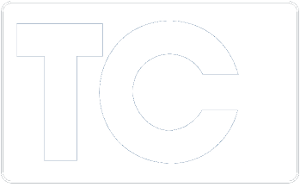6 Best Practices for a Stronger Cybersecurity Posture
How to Fortify Your Digital Fortress
Effective cybersecurity is not a “set it and forget it” panacea but an active, ongoing process. To establish a robust security foundation, your IT team must diligently implement and maintain these critical best practices:
1. Restrict Administrator Privileges
Limit administrator access on user devices. This simple step can thwart many attacks that rely on users inadvertently running malicious software. Without admin rights, users can’t install unauthorized programs, significantly reducing your attack surface.
2. Stay Current with Patches
Keeping software up to date is one of the most cost-effective security measures. Enable auto-updates where possible and prioritize vulnerabilities listed in CISA’s Known Exploited Vulnerabilities Catalog. Remember, many successful attacks exploit known vulnerabilities that have not yet been patched.
3. Implement and Verify Backup Systems
Don’t fall victim to ransomware due to inadequate backups. Regularly schedule backups for all critical systems and, crucially, test both partial and full restorations. Develop a comprehensive backup strategy, including frequency (continuous, hourly, weekly) and a detailed restoration plan.
4. Encrypt Laptop Drives
While smartphones and Chromebooks typically come with built-in encryption, Windows and Mac laptops often require manual configuration. Given the frequency of laptop theft or loss, ensuring your entire fleet has encrypted drives is essential for data protection.
5. Enforce Multi-Factor Authentication (MFA)
Don’t rely on user compliance alone. Implement technical controls to mandate MFA across your organization. Regularly audit for non-compliant accounts, paying special attention to new hires and staff who’ve recently changed devices.
6. Prioritize MFA for Admin Accounts
System administrators are prime targets for cybercriminals. Surprisingly, Microsoft reports that only about half of Azure Active Directory global admins use MFA. Make it a non-negotiable policy for all admin accounts to use MFA, as compromised admin credentials can lead to catastrophic breaches.
By consistently applying these practices, you’ll significantly enhance your organization’s cybersecurity posture, making it far more resilient against common attack vectors.
Your organization’s Voice Communications need to be protected too. Make sure your systems are secure. Contact TCI at (703) 321-3030 or GetHelp@tcicomm.com.

